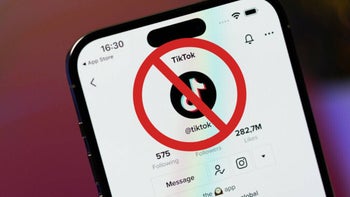Antitrust probe into Android and Google Shopping launched by EU Commission

But what exactly is Google accused of? Two things, as mentioned. Firstly, the probe will try to establish whether associated agreements with the use of Android and Google's ever-growing layer of proprietary apps aren't anti-competitive and detrimental to consumers. Preliminary investigation by the Commission suggests that they might be, as they could have hindered the development of alternative mobile services and rival platforms (including Android forks like Amazon's Fire OS) due to Google's requiring (or incentivizing) manufacturers to exclusively pre-install the giant's own solutions.
Secondly, the EU Commission, again based on initial investigation it carried out, alleges Google of essentially rigging its own search algorithms so that its Google Shopping service is unfairly and prominently over-represented in search results. The search giant has also been accused of not applying the same system of penalties that it uses with competing shopping services to its own solution, thus pushing back rivals down in general search rankings. Google Shopping is a service that allows users to compare prices of products between different vendors.
While Google has weeks to respond to these accusations formally, the company has already published two pieces on its official blog addressing both. In the case of Android, the company argues that its operating system has been instrumental in spurring competition and choice, and lowering prices. As for the Google Shopping allegation, the company is using hard numbers and a bunch of graphs to point out that despite its dominant position as a search provider, its service is considerably less popular in major markets such as Germany, France, and the UK.
In general, it seems like Google feels it has a very strong case on both counts, at least based on the now twice-mentioned internal memo. Whether the company is simply trying to project confidence, or really feels it has done nothing wrong, remains to be seen.













Things that are NOT allowed: